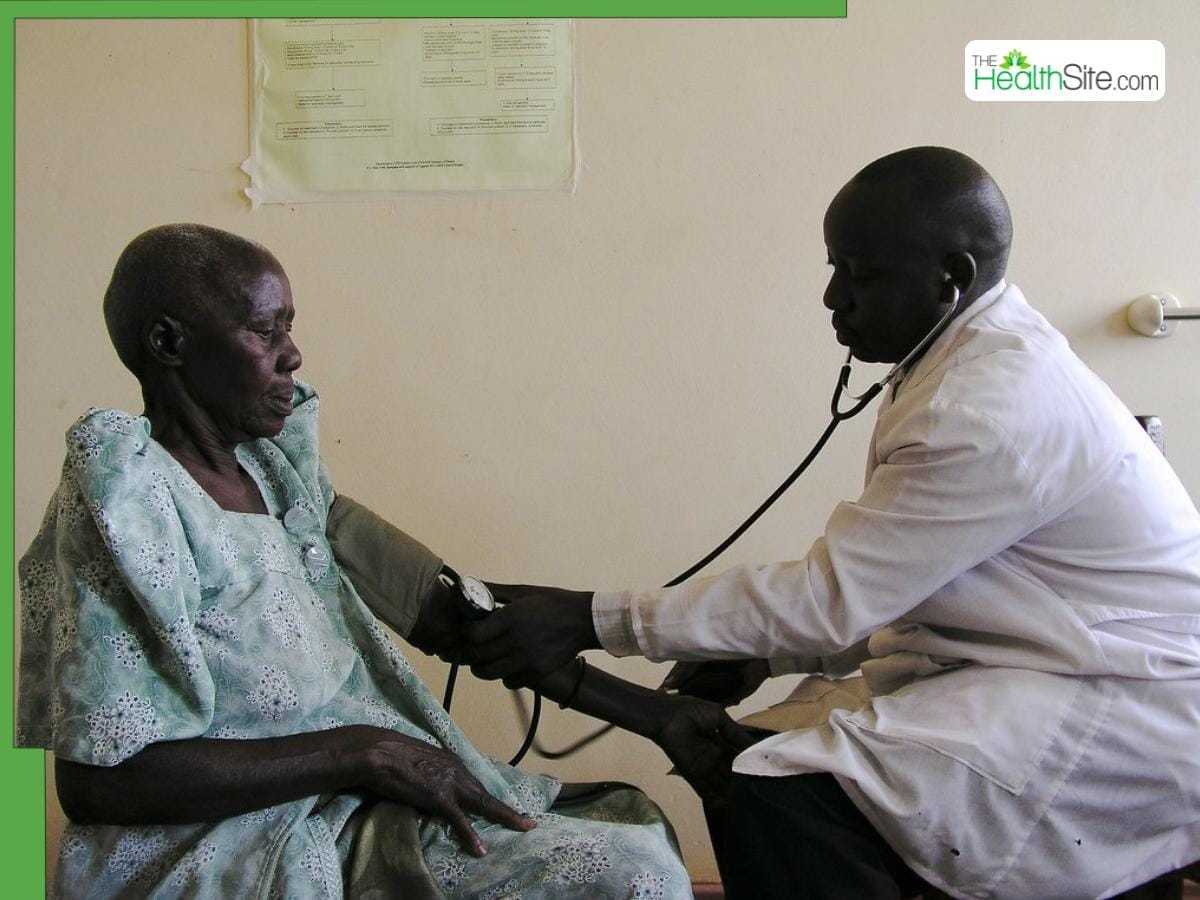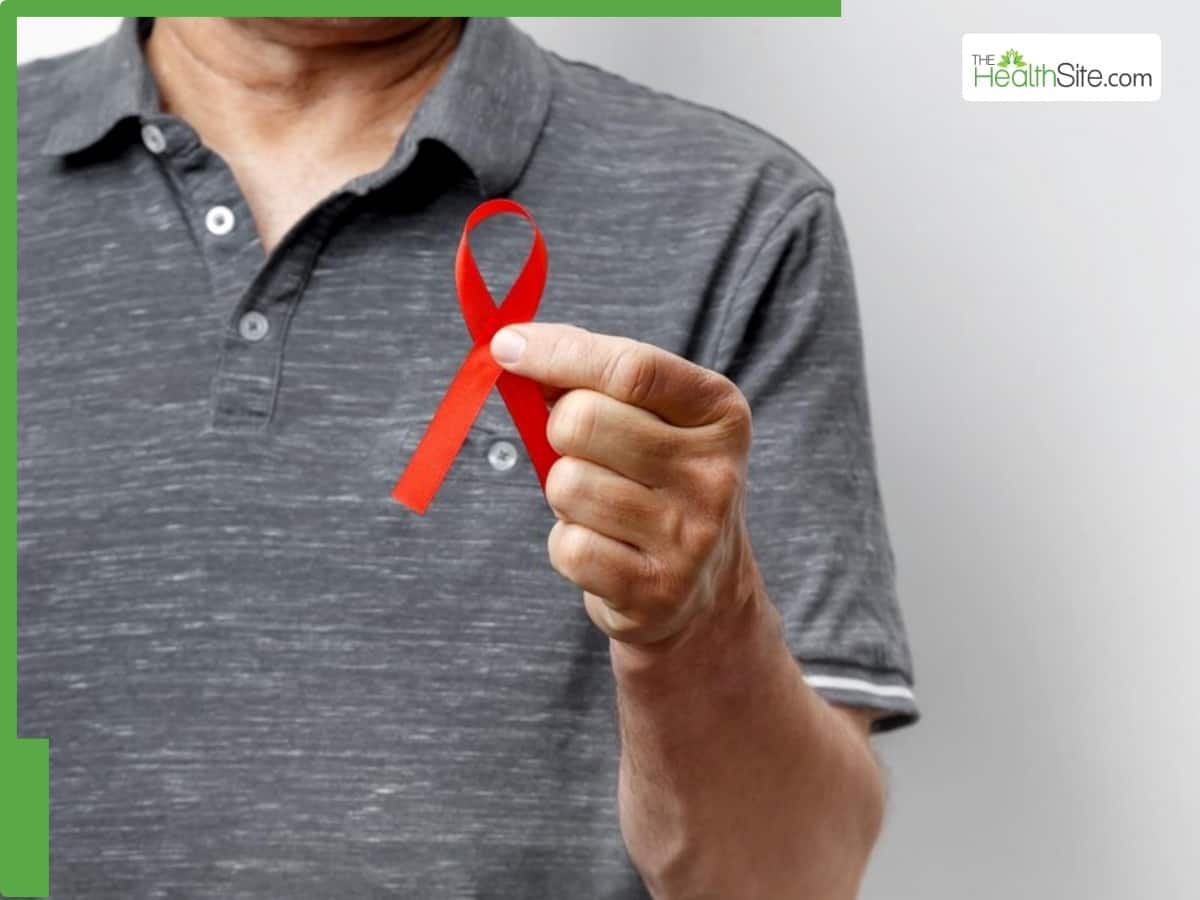Written by Editorial Team | Updated : December 4, 2024 5:56 PM IST Prostate health is a key concern for men's health, yet it is often overlooked until later in life. While prostate cancer and benign prostate issues are more common in older age groups, men in their 30s, 40s, and even younger can benefit from understanding and supporting prostate health early on. Prostate cancer ranks as the second most common cancer among men. Here's how men can maintain prostate health through the decades and mitigate the risks of prostate-related issues. In their 30s, men should prioritize general health practices to support long-term prostate health . Regular exercise, a balanced diet, and avoiding excessive alcohol consumption are vital. Although prostate cancer is rare in men under 40, it can occur in high-risk individuals; hence this is an optimal time to adopt preventive habits. For example, studies show that diets rich in antioxidants (from fruits and vegetables) may help reduce cancer risks, including prostate cancer. By age 40, men should start discussions with their doctors about prostate health. Although routine screening is typically recommended at 50, men with a family history of prostate cancer should consider earlier testing. The American Cancer Society recommends prostate-specific antigen (PSA) testing beginning at age 40 for those with a high risk, which is particularly relevant in India where recent studies show a rising trend of prostate cancer among men in urban areas. Knowing one's family medical history is key to establishing a proactive approach to prostate health. More News By age 50, regular prostate screenings become essential for all men, regardless of family history. PSA blood tests and digital rectal exams are commonly used to monitor prostate health. Studies in India reveal that prostate cancer incidence begins to climb rapidly after age 50. According to the ICMR report, Prostate cancer incidence in India is expected to increase to over 47000 cases by 2025. Regular screening is even more critical for men in their 60s and beyond. Prostate cancer risk significantly increases with age; most particularly in men above 65. In rural areas, limited access to healthcare may delay diagnosis, emphasizing the need for increased awareness and accessible screening options across the country. Research shows that a sedentary lifestyle, which becomes more common with age, can negatively impact prostate health. Men in this age group should engage in light to moderate physical activity, which studies suggest may reduce prostate cancer risk and support general well-being. For men diagnosed with prostate cancer, treatment options have evolved significantly. One advanced technique is robotic Nerve-Sparing Radical Prostatectomy, a minimally invasive procedure that can help protect nerve function critical to urinary and sexual health. Unlike traditional methods, robotic-assisted surgery allows for precise movements and magnified views, reducing trauma to surrounding nerves. This technique offers benefits like faster recovery and fewer side effects, making it a preferred choice among eligible patients. For men facing prostate cancer, understanding these modern surgical options can lead to informed and personalized treatment decisions. Genetic testing has emerged as a powerful tool for understanding prostate cancer risk. The BRCA (Breast Cancer Gene) mutations, primarily BRCA1 and BRCA2, are not just linked to breast and ovarian cancer but also to prostate cancer. Studies show that about 7% 26% of men with harmful BRCA1 mutations and 19% 61% of those with BRCA2 mutations develop prostate cancer by the age of 80. In comparison, only about 10.6% of men in the general population face this risk. 9 Testing for these mutations is especially important for men with a family history of cancers. Identifying BRCA mutations early can guide personalized screening and treatment strategies, helping men stay proactive and better prepared to manage their health. Understanding prostate health and making age-appropriate decisions are crucial for early prevention and intervention. Starting discussions about prostate health early, especially with regular screenings in middle age, can help Indian men stay proactive and informed about their health. References: (This article is authored by Prof Dr SOMASHEKHAR SP, MBBS, MS, MCh (Surg Onco), Chairman - Medical Advisory Board, Aster DM Healthcare - GCC & India and Global Director - Aster International Institute of Oncology - GCC & India.) Don’t Miss Out on the Latest Updates. Subscribe to Our Newsletter Today! Enroll for our free updates Thank You for Subscribing Thanks for Updating Your Information None
Popular Tags:
Share This Post:

Healthy Heart Signs: 7 Proven Indicators You Don't Have High Blood Pressure
December 24, 2024
Is 'Dinga Dinga' Virus Similar To The Dancing Plague Of 1518? Note These Facts, Theories And Similarities
December 20, 2024What’s New
Spotlight
Today’s Hot
-
- December 16, 2024
-
- December 16, 2024
-
- December 16, 2024
Featured News
Latest From This Week
10 Medicinal Teas To Lower High Cholesterol Levels Naturally Without Surgery
DISEASES-CONDITIONS
- by Sarkai Info
- December 15, 2024
HIV Diet: Everything You Need To Know About Good Nutrition And Health For An HIV Positive Patient
DISEASES-CONDITIONS
- by Sarkai Info
- December 14, 2024
How Nutrition Affects Blood Sugar Levels: Tips For Crafting A Diabetes-Friendly Meal Plan
DISEASES-CONDITIONS
- by Sarkai Info
- December 14, 2024
Subscribe To Our Newsletter
No spam, notifications only about new products, updates.




























